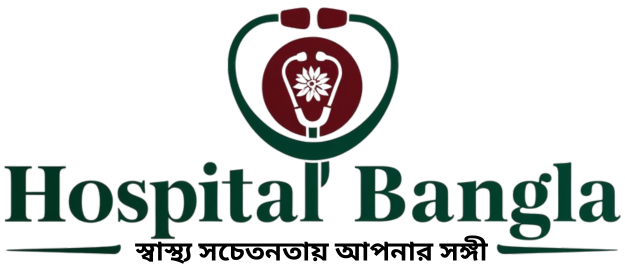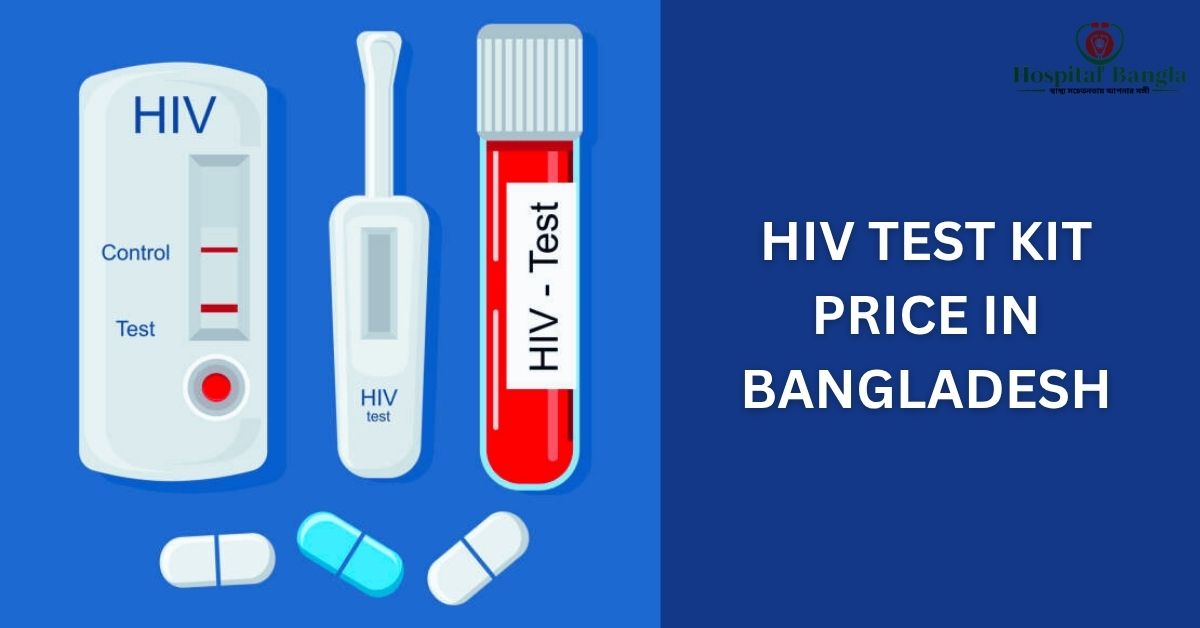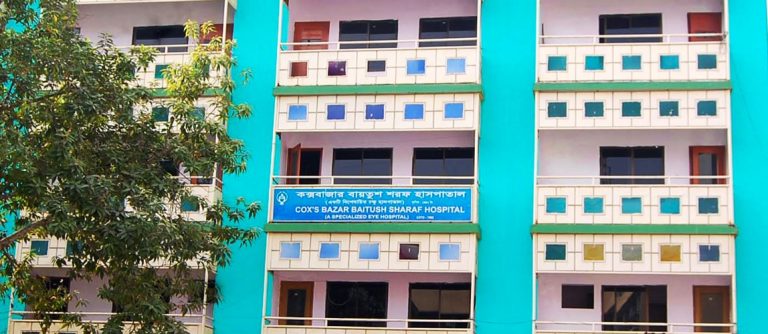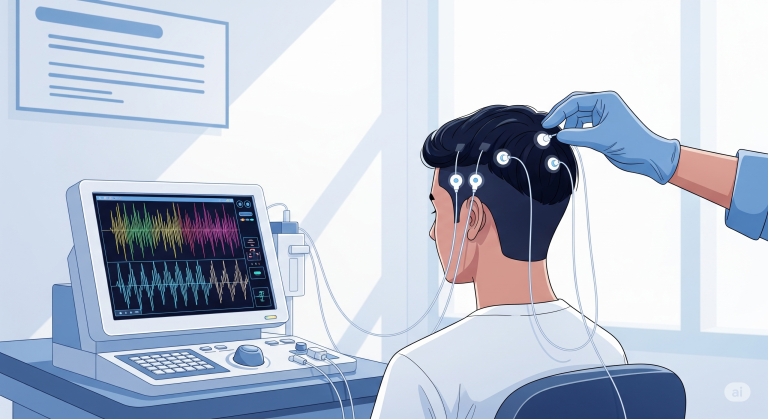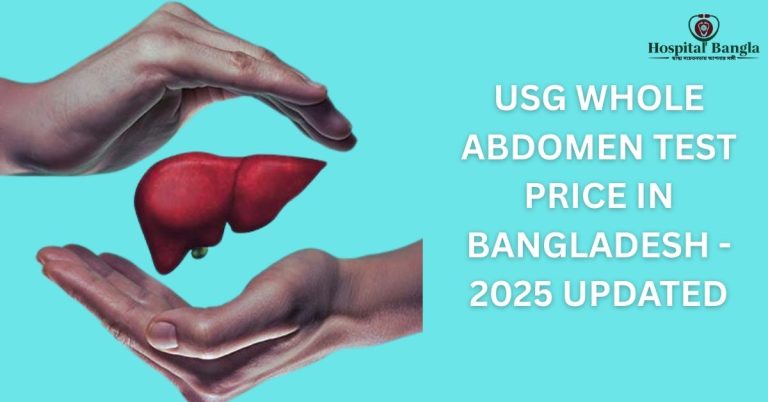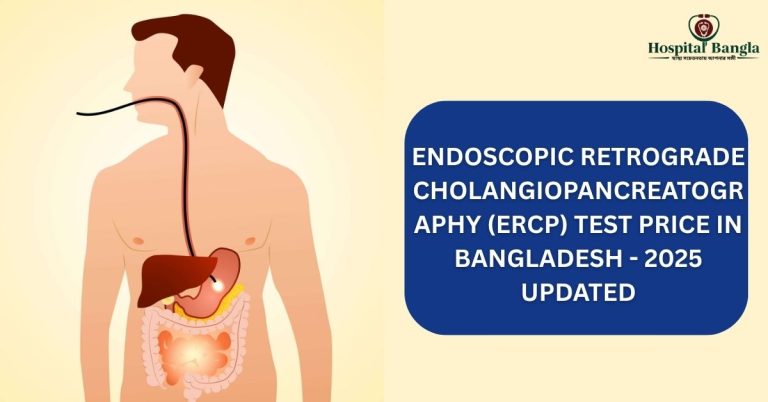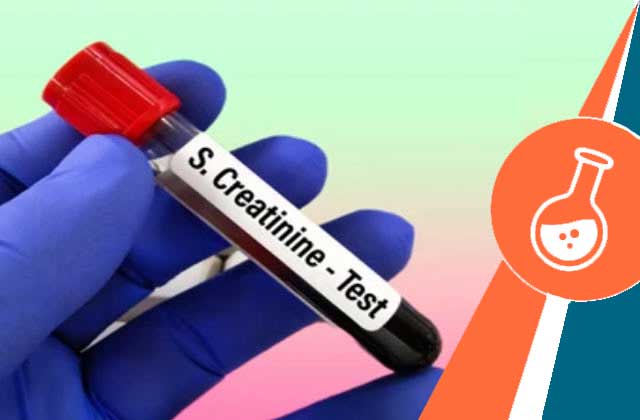HIV Test Kit Price in Bangladesh: 2025 Updated
An HIV test is a medical procedure that detects the human immunodeficiency virus (HIV), the virus responsible for AIDS. Early detection through testing is vital for timely treatment, which can significantly improve health outcomes and prevent transmission. In Bangladesh, individuals may seek HIV testing due to high-risk behaviors such as unprotected sex, needle sharing, or as part of routine prenatal care to protect newborns. The HIV Test Kit Price In Bangladesh typically ranges from 400 BDT in government hospitals to 1000-1500 BDT in private facilities, making it accessible across various healthcare settings. This guide provides detailed insights into HIV testing in Bangladesh, including costs, preparation, and result interpretation, to help you make informed healthcare decisions.
What is an HIV Test?
An HIV test is a diagnostic tool used to identify the presence of HIV in blood, oral fluid, or other bodily fluids. The test is critical for diagnosing HIV infection, which, if untreated, can progress to acquired immunodeficiency syndrome (AIDS). There are several types of HIV tests, each serving a specific purpose:
- Antibody Tests: These detect antibodies produced by the immune system in response to HIV. They are the most common and widely used tests.
- Antigen/Antibody Tests: These identify both HIV antibodies and antigens (parts of the virus), allowing for earlier detection than antibody tests alone.
- Nucleic Acid Tests (NATs): These detect the virus’s genetic material and are used for early diagnosis or in high-risk cases.
The clinical significance of HIV testing lies in its ability to enable early intervention. Early treatment with antiretroviral therapy (ART) can suppress the virus, improve quality of life, and reduce transmission risk. HIV tests are used for screening high-risk populations, diagnosing infection, and monitoring treatment efficacy. Alternative names for the test include HIV screening, HIV antibody test, HIV combo test, or AIDS test.
When is an HIV Test Recommended?
HIV testing is recommended in various scenarios to ensure timely diagnosis and management. You may need an HIV test if you experience:
- High-Risk Behaviors: Unprotected sex, sharing needles, or exposure to potentially infected blood through transfusions or occupational hazards.
- Symptoms of HIV: Persistent fever, fatigue, swollen lymph nodes, unexplained weight loss, or recurrent infections.
- Pregnancy: Routine testing during pregnancy to prevent mother-to-child transmission during childbirth or breastfeeding.
- Routine Screening: Regular testing for individuals with multiple sexual partners, those who inject drugs, or people in high-prevalence areas.
Doctors use HIV test results to confirm infection, assess disease progression, and guide treatment decisions. The test is primarily used for diagnosis but also plays a role in screening asymptomatic individuals and monitoring those on ART. Regular testing is particularly important for high-risk groups to catch infections early.
HIV Test Preparation
Preparing for an HIV test is straightforward, with minimal requirements:
- Fasting: No fasting is needed for most HIV tests, making them convenient to schedule.
- Medications: Inform your healthcare provider about any medications or supplements you’re taking, as some may interfere with test results.
- Sample Collection: Most tests require a blood sample drawn from a vein in your arm. Some rapid tests use oral fluid (swabbed from the gums) or finger-stick blood.
- Test Duration: Sample collection takes only a few minutes. Rapid tests provide results in 20-30 minutes, while laboratory tests may take 1-3 days.
HIV Test Price List in Government Hospitals in Bangladesh
Government hospitals in Bangladesh provide affordable HIV testing, making it accessible to a wide population. Below is a table of major government hospitals offering HIV tests, with approximate prices and contact information as of 2025:
| Hospital Name | Location | HIV Test Price (BDT) | Contact Number |
|---|---|---|---|
| Dhaka Medical College Hospital (DMCH) | Dhaka | 400 | +880-2-8626812-16 |
| Chittagong Medical College Hospital (CMCH) | Chittagong | 400 | Available on CMCH website |
| Sir Salimullah Medical College Mitford Hospital (SSMCMH) | Dhaka | 400 | Available on hospital website |
| Mymensingh Medical College Hospital (MMCH) | Mymensingh | 400 | Available on hospital website |
| Rajshahi Medical College Hospital (RMCH) | Rajshahi | 400 | Available on hospital website |
| Sylhet MAG Osmani Medical College Hospital (SMOMCH) | Sylhet | 400 | Available on hospital website |
| Shaheed Suhrawardy Medical College Hospital (SSMC) | Dhaka | 400 | Available on hospital website |
Note: Prices are approximate based on available data from 2022, adjusted for 2025. For exact pricing and contact details, visit the hospital’s official website or call directly.
HIV Test Price List in Private Hospitals in Bangladesh
Private hospitals and diagnostic centers in Bangladesh offer HIV testing with modern facilities and faster result turnaround times, though at higher costs. Below is a table of leading private facilities with their HIV test prices and contact information as of 2025:
| Hospital/Diagnostic Center | Location | HIV Test Price (BDT) | Contact Number |
|---|---|---|---|
| BIRDEM General Hospital | Dhaka | 1500 | +8801847259770 |
| Thyrocare Bangladesh | Dhaka | 1380 | +8809666737373 |
| icddr,b | Dhaka | 1000 | Available on icddr,b website |
| Apollo Hospitals Dhaka | Dhaka | 1500-2000 | Available on hospital website |
| Square Hospitals Ltd. | Dhaka | 1500-2000 | Available on hospital website |
| United Hospital Limited | Dhaka | 1500-2000 | Available on hospital website |
| Popular Diagnostic Center Ltd. | Dhaka | 1000-1500 | Available on Popular Diagnostic website |
| Labaid Hospital | Dhaka | 1000-1500 | Available on hospital website |
| Evercare Hospital | Dhaka | 1000-1500 | Available on hospital website |
| Imperial Hospital Ltd. | Dhaka | 1000-1500 | Available on hospital website |
Note: Prices are based on data from 2025 and may vary depending on the test type (e.g., antibody vs. combo test). Confirm exact prices and contact details with the facility.
Understanding HIV Test Results
HIV test results are typically reported as positive, negative, or inconclusive, each with specific implications:
- Negative Result: No HIV antibodies or antigens were detected. However, if tested during the window period (the time it takes for antibodies to develop, usually 2-12 weeks post-exposure), a negative result may not rule out infection. Retesting may be recommended.
- Positive Result: HIV antibodies or antigens were detected, indicating an infection. A positive result requires confirmatory testing (e.g., Western Blot or PCR) to ensure accuracy.
- Inconclusive Result: The test could not definitively determine HIV status, often due to early testing or technical issues. Additional testing is necessary.
Factors that may affect results include:
- Testing too soon after exposure.
- Certain medications or medical conditions (e.g., autoimmune disorders).
- Improper sample collection or testing errors.
Always consult a healthcare provider to interpret results, discuss next steps, and access counseling or treatment if needed. In Bangladesh, facilities like the icddr,b Support Center offer 24/7 counseling for HIV-related queries.
Frequently Asked Questions
How accurate are HIV tests?
Modern HIV tests are highly accurate, with sensitivity and specificity exceeding 99%. However, false positives or negatives can occur, particularly during the window period. Confirmatory tests are used to verify positive results.
How long does it take to get HIV test results?
Rapid HIV tests provide results in 20-30 minutes, ideal for quick screening. Laboratory-based tests, such as ELISA or PCR, may take 1-3 days, depending on the facility.
Is HIV testing covered by insurance in Bangladesh?
Insurance coverage for HIV testing varies by provider and policy. Contact your insurer to confirm whether diagnostic tests like HIV screening are included.
How often should I get tested for HIV?
Testing frequency depends on risk factors. Annual testing is recommended for high-risk individuals (e.g., those with multiple partners or drug users). Pregnant women and healthcare workers may need more frequent testing.
What is the difference between an HIV test and an AIDS test?
An HIV test detects the virus or its antibodies/antigens, confirming infection. AIDS is a clinical diagnosis based on advanced HIV infection, characterized by a low CD4 count or opportunistic infections. There is no specific “AIDS test.”
Are home HIV test kits reliable?
Home HIV test kits, available at pharmacies or online, are reliable for preliminary screening but not definitive. Positive results must be confirmed by a healthcare professional using laboratory tests.
Can I get tested anonymously in Bangladesh?
Yes, many facilities, including government hospitals and NGOs, offer anonymous or confidential HIV testing to protect patient privacy.
Conclusion
HIV testing is a critical step in safeguarding your health and preventing the spread of the virus in Bangladesh. With affordable options available at government hospitals (around 400 BDT) and comprehensive services at private facilities (1000-1500 BDT), accessing an HIV test is easier than ever. Comparing prices across hospitals, as outlined in this guide, empowers you to make cost-effective healthcare decisions. Early detection through testing enables timely treatment, improving outcomes and quality of life. For any concerns or questions about HIV testing, consult a healthcare provider or contact trusted facilities like those listed above. Stay informed about the HIV Test Kit Price in Bangladesh and take charge of your health in 2025.
